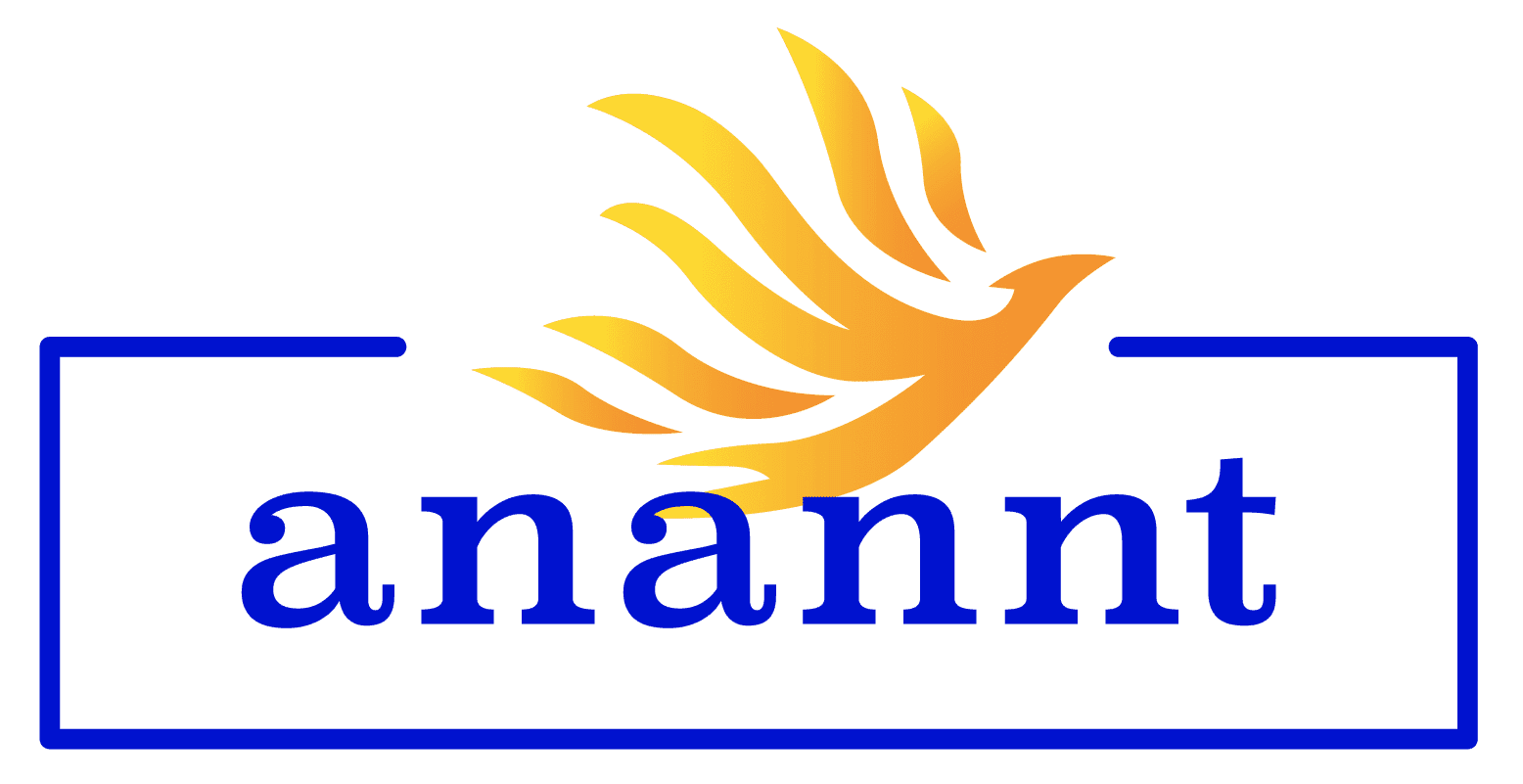Syllabus
-Short Fiction 1
Topics may include:
- Interpreting the role of character in fiction
- Identifying and interpreting setting
- Understanding how a story’s structure affects interpretations
- Understanding and interpreting a narrator’s perspective
- Reading texts literally and figuratively
- The basics of literary analysis
-Poetry 1
Topics may include:
- Identifying characters in poetry
- Understanding and interpreting meaning in poetic structure
- Analyzing word choice to find meaning
- Identifying techniques like contrast, simile, metaphor, and alliteration
-Longer Fiction or Drama 1
Topics may include:
- Interpreting character description and perspective
- Character evolution throughout a narrative
- Conflict and plot development
- Interpreting symbolism
- Identifying evidence and supporting literary arguments
-Short Fiction 2
Topics may include:
- Protagonists, antagonists, character relationships, and conflict
- Character interactions with setting and its significance
- Archetypes in literature
- Types of narration like stream of consciousness
- Narrative distance, tone, and perspective
-Poetry 2
Topics may include:
- Traits of closed and open structures in poetry
- Use of techniques like imagery and hyperbole
- Types of comparisons in poetry including personification and allusion
- Identifying and interpreting extended metaphors
-Longer Fiction or Drama 2
Topics may include:
- Interpreting foil characters
- Understanding and interpreting character motives
- Understanding nonlinear narrative structures like flashbacks and foreshadowing
- The effect of narrative tone and bias on reading
- Characters as symbols, metaphors, and archetypes
- Developing literary arguments within a broader context of works
-Short Fiction 3
Topics may include:
- Sudden and more gradual change in characters
- Epiphany as a driver of plot
- Relationships between characters and groups
- Character interactions with settings
- The significance of the pacing of a narrative
- Setting as a symbol
- Interpreting texts in their historical and societal contexts
-Poetry 3
Topics may include:
- Looking at punctuation and structural patterns
- Interpreting juxtaposition, paradox, and irony
- How ambiguity can allow for various interpretations
- Identifying symbols, conceits, and allusions
- Learning proper attribution and citation in literary analysis
-Longer Fiction or Drama 3
Topics may include:
- Looking at a character’s response to the resolution of a narrative
- Suspense, resolution, and plot development
- Narrative inconsistencies and contrasting perspectives
You can find the detailed syllabus and topicwise tests on Anannt’s online portal.
For more details on AP content and syllabus, feel free to contact [email protected] or simply whatsapp us here.

Recent Comments